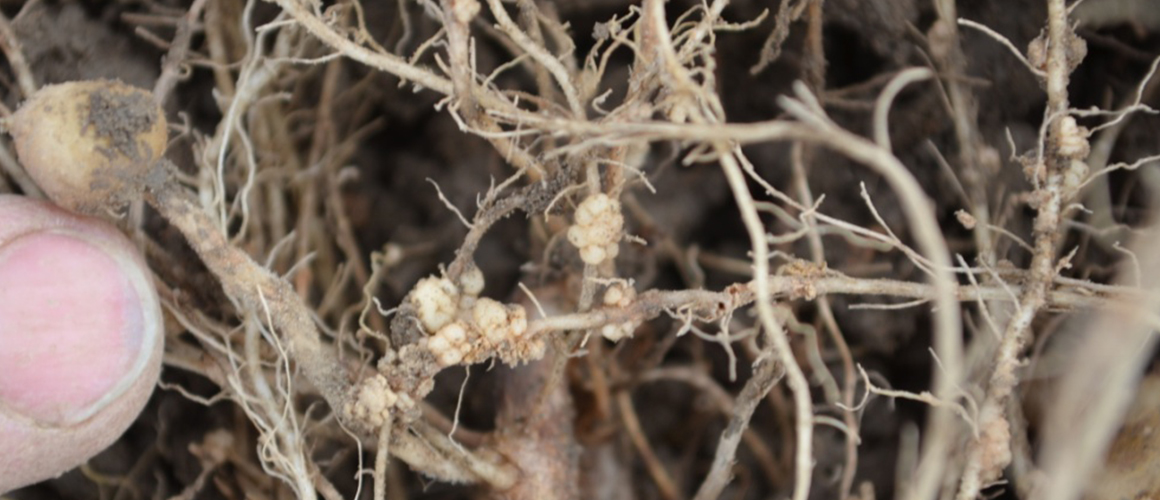
Hayden Bogicevic: Bringing global experience back home
14 May 2019
Research report looks at effects of Spongospora infection on potato roots
17 May 2019Project Code
Short Summary
Powdery scab disease of potato (caused by tuber infections with the protozoan pathogen Spongospora subterranea) has long been recognized as a common and economically important blemish disease.
Year Published
2018
Project Provider
University of Tasmania, Tasmania Institute of Agriculture
Attachment
Powdery scab disease of potato (caused by tuber infections with the protozoan pathogen Spongospora subterranea) has long been recognized as a common and economically important blemish disease. More recently potato root infection by this pathogen has been demonstrated to result in significant yield losses which greatly affect the economic competitiveness of the industry. This project focused on the root infection phase.
The broad aims of the project were to:
- Provide new information on the fundamental understanding of the Spongospora root infection process essential for design and development of future management strategies.
- Develop and optimize a new root pathogen detection tool which will be able to accurately quantify the efficacy of various management strategies in reducing or delaying root infection.
- Develop a suite of novel disease control options that can reduce soil-borne inoculum and can interfere with the root infection processes through disruption of pathogen zoospore release and attraction.
- Determine the pathogen’s alternate host range (common weeds and alternate crops) and the relative resistance or tolerance of important processing potato varieties to root infection.
- Develop a set of a recommended integrated disease control options.
Project report
Pests diseases and biosecurity
Potatoes
Solanaceous vegetables
